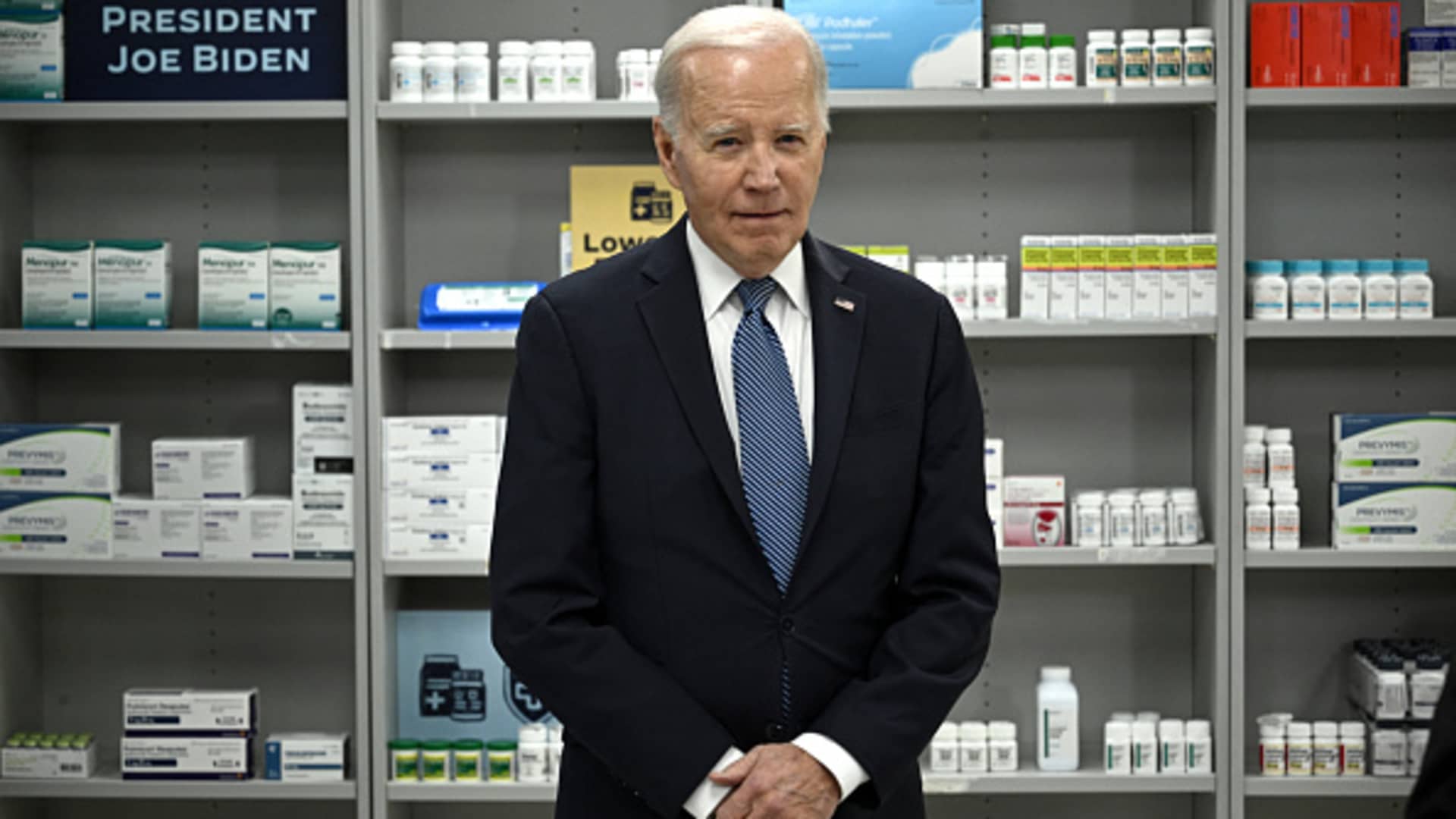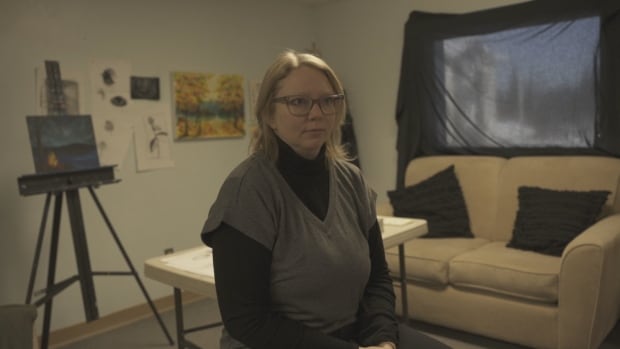ELNA Medical Group, a Montreal-based company that bills itself as Canada’s largest network of medical clinics, has entered creditor protection.
The application was granted in Quebec Superior Court. ELNA also received court approval to solicit interest in a potential sale.
ELNA’s network includes family medicine and specialty clinics, as well as diagnostic laboratories. The clinics are privately owned and run, but many of their services are covered by public health insurance.
The development raises questions about the future of ELNA and the services it provides patients.
In all, ELNA has more than 100 clinics in five provinces serving more than three million Canadians, according to its website. Almost half of clinics (49) are in Quebec, and the rest are located in Ontario, Manitoba, Saskatchewan and Alberta.
Laurent Amram, president and founder of ELNA Medical Group, said the move was made in attempt to strengthen its “financial stability” and ensure “uninterrupted care for our valued physicians, health-care professionals and patients.”
“We are confident that this restructuring will enhance our ability to innovate, accelerate the transformation of the health-care sector and ensure sustainable growth for long-term success,” Amram said in a statement.
ELNA has a particularly strong foothold in Quebec, where private companies have a growing presence in the health-care system.
Among the 49 clinics in Quebec, 26 are front-line or specialized clinics covered by public health insurance, 11 are private family medicine clinics and 12 offer other private health-care services.
ELNA also owns more than two dozen labs and points of service in the province.
In February, ELNA announced a major expansion with the acquisition of the Brunswick Health Group, a large network of clinics headquartered in Montreal’s West Island. It also recently acquired clinics in the Quebec City area.
Dr. Marc-André Amyot, the president of the Fédération des médecins omnipraticiens du Québec (FMOQ), the group representing general practitioners, described the development as “worrisome.”
“We could end up with patients who have nowhere to go for consultation,” Amyot told Radio-Canada.
Quebec’s College of Physicians said in a statement it will be closely monitoring the situation and stressed that “private companies providing medical services must be professionally and legally supervised.”
The college said in a statement that health professionals “must be at the heart of the services provided to patients.”
Quebec Health Minister Christian Dubé tabled a bill that would force medical school graduates in the province to spend their first five years working in the public health-care system.







